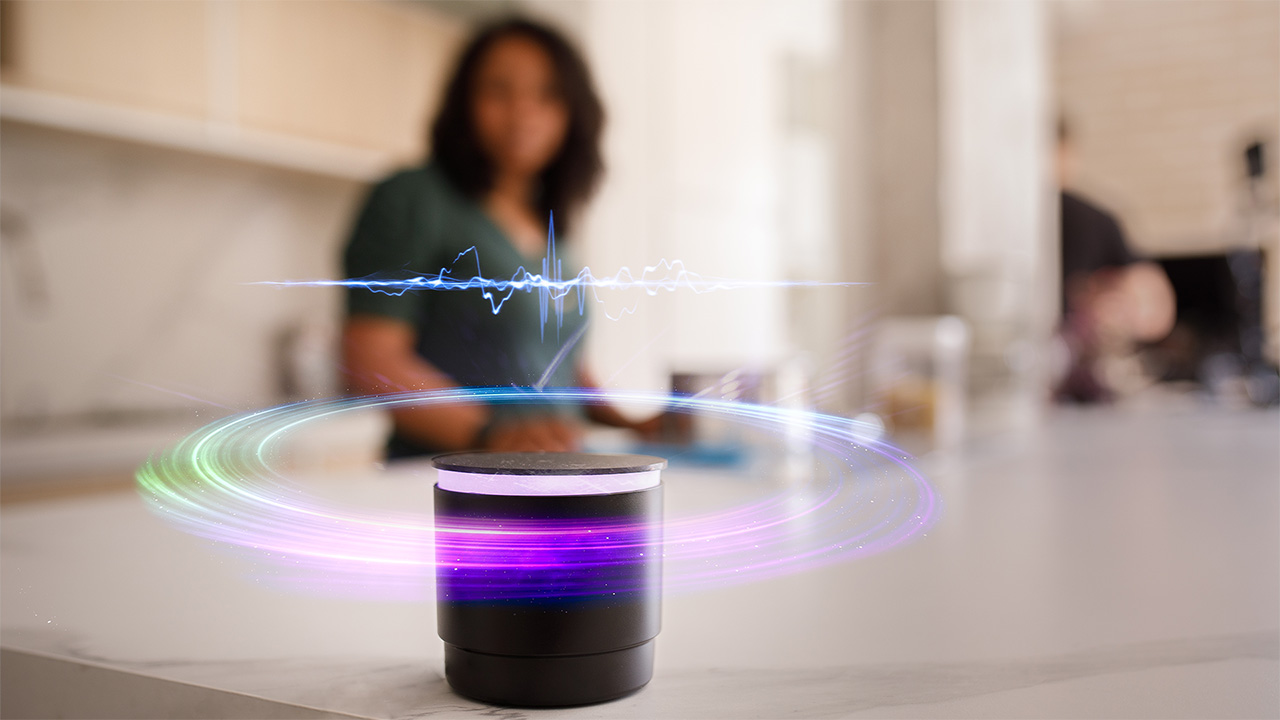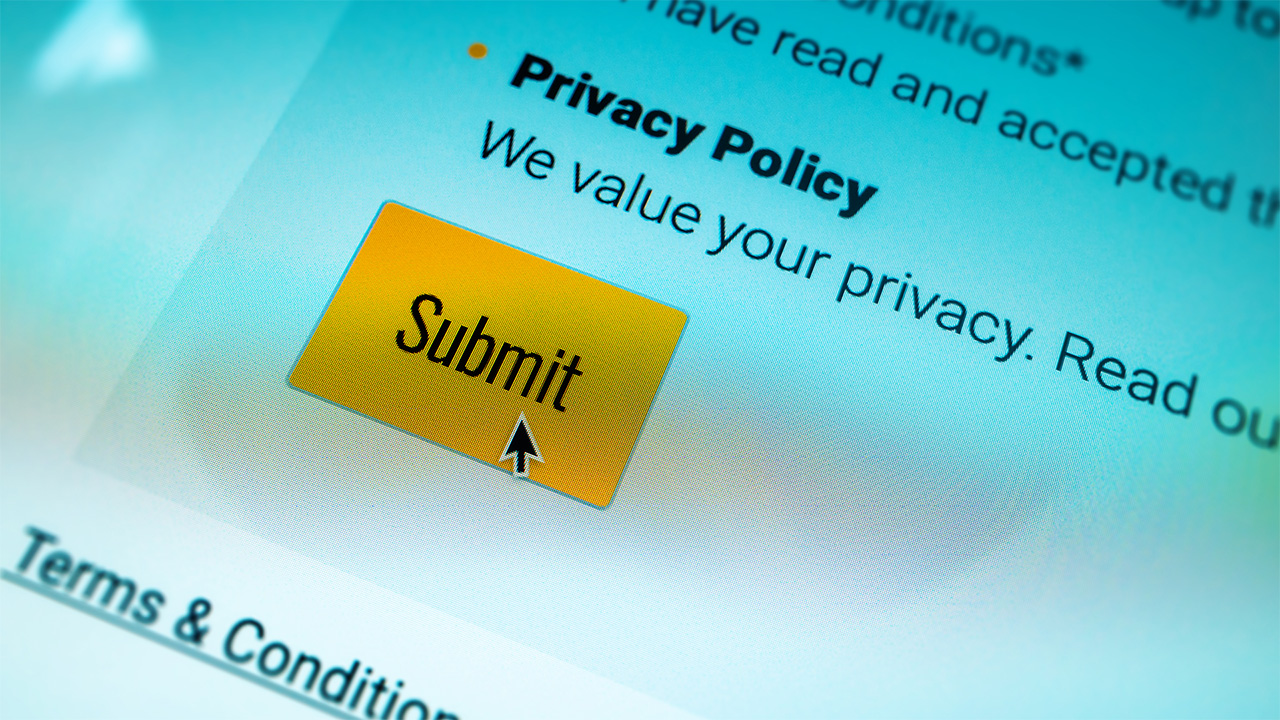
Yes, you read that right, your roast turkey might be stealing your data. Before you click off, hear me out.
Christmas Day is finally here, and millions of us will have the mammoth task of Christmas dinner well under way. Turkey, lamb, and even goose are fan favourites and getting the perfect plate of meat is something we all dream of.
Ensuring your meat is the ideal temperature – and fully cooked through – is a must, so meat thermometers are a very handy kitchen tool. Smart devices are increasingly filling our kitchens and homes, with smart fridges, smart air fryers, smart speakers, and smart doorbells all available.
Believe it or not, even your meat thermometer can become a smart device. However, smart devices pose more risks to your personal data than you may think, and not all of them can be protected by one of the best VPNs.
So before you start checking that turkey, read on to find out how it might be stealing your data.
What is a smart meat thermometer?
Smart meat thermometers connect to your device through a bluetooth connection, and profess to take the guesswork out of cooking.
You select what type of meat you're cooking and can monitor it from anywhere. The app gives you all sorts of information and cooking tips, including internal and target temperature, and how long until it needs to rest, claiming to achieve perfect results every time.
This may seem like a harmless gadget, enabling you to take the guesswork out of cooking but as a smart device, your data is at risk.
Why are smart devices risky?
Smart devices are everywhere, with the average household having 23 connected devices. These devices build a huge picture of your life, information, and habits, and 23 devices means 23 areas of attack. The more interconnected we are, the more we are at risk.
Smart devices now go beyond just laptops, phones, and TVs – even your air fryer is spying on you. Every smart device requires an app, and for you to enter your details and personal information.
Details such as name, address, location, date of birth, plus more, are required and it isn't always possible to refuse.
The devices and apps collect an excessive amount of data, and request "risky" permissions. Your data is harvested and used for third-party tracking and advertising, with tech giants Google and Facebook found to benefit from trackers.
Many popular smart watches require you to give consent to data collection, and if declined, the "smart" features fail to function and the device simply acts as a regular watch.

Smart TVs are also very data hungry, with their homepages littered with ads and points of data collection. Apps for Samsung Smart TVs have been found to request up to eight "risky" permissions, and entering a postcode appeared to be mandatory.
Some personal information you are asked to provide is optional, and you should always skip this stage or refuse where possible. However, many steps are mandatory, and rejecting them can affect the performance of your device.
Smart speakers are one of the most popular types of smart devices but are one of the worst when it comes to data collection. They're full of trackers, and the data collected includes location, search history, and audio data. These speakers are known to store your audio recordings, but on some speakers these can be deleted.
Combine smart speakers with the huge data collection involved in services like Spotify Wrapped, and there is a dark side to music personalization. Enjoying your favourite songs and artists in 2024 is more risky than ever.
But can you protect yourself?
The fewer smart devices you own, the more reduced your risk is. But there's no denying some smart devices can be helpful, so are there ways to protect yourself or mitigate the threats posed?
The first step is to be aware of what you're signing up for and consenting to. You should always opt-out of non-essential data collection and only share what you're comfortable with.
Familiarise yourself with the device, and company's, privacy policies and check app permissions. Understand what data is being collected and how. Doing this will allow you to compare the data collection of different devices and help you choose a less data hungry device.
Always make sure you delete audio recordings from smart speakers. Both Google and Amazon speakers have this option, and by changing the settings, you can instruct the device to delete the recordings after a certain period of time rather than store them.
Data removal is another option if you're concerned about how much of your data is out there. Services such as DeleteMe and Incogni contact data brokers on your behalf, and submit data deletion requests. This prevents your data being sold on by the brokers, and requests are regularly repeated to ensure you remain protected. Leading VPN providers Surfshark and ExpressVPN both include data removal services in some of their plans.

Can VPNs help?
Whilst VPNs are a great tool for protecting your online privacy, they can't always protect your smart devices. Many VPNs have apps that can be downloaded on a number of smart devices – you may want to explore some of the best smart TV VPNs, the best Apple TV VPNs, or the best Fire Stick VPNs. But when it comes to speakers, thermometers, and air fryers, it's a different story.
The best way to protect every smart device in your home is to set up a router VPN. This is a VPN that is installed directly on your Wi-Fi router, and protecting everything that connects to it.
Installing a router VPN can be tricky, but the best router VPN, ExpressVPN, offers the simplest solution. It offers its own custom firmware, compatible with most routers, allowing you to protect your router in a few steps.
If you want an even easier, but admittedly more expensive option, then ExpressVPN offers its own Aircove router. This router is pre-loaded with VPN protection, so all you have to do is plug it in.
Consider a smart-less Christmas
As you enjoy time off this festive season, I'm sure you will make good use of your smart devices. But consider what this means, what data they're collecting, and how they're using it.
There are ways to protect yourself and sharing these with families and friends will help protect them as well.
So this Christmas evaluate what smart devices you are using, and make sure your turkey is only taking away your hunger – not your data.







